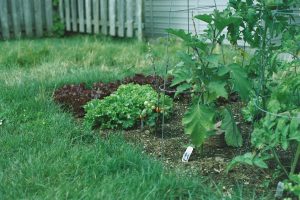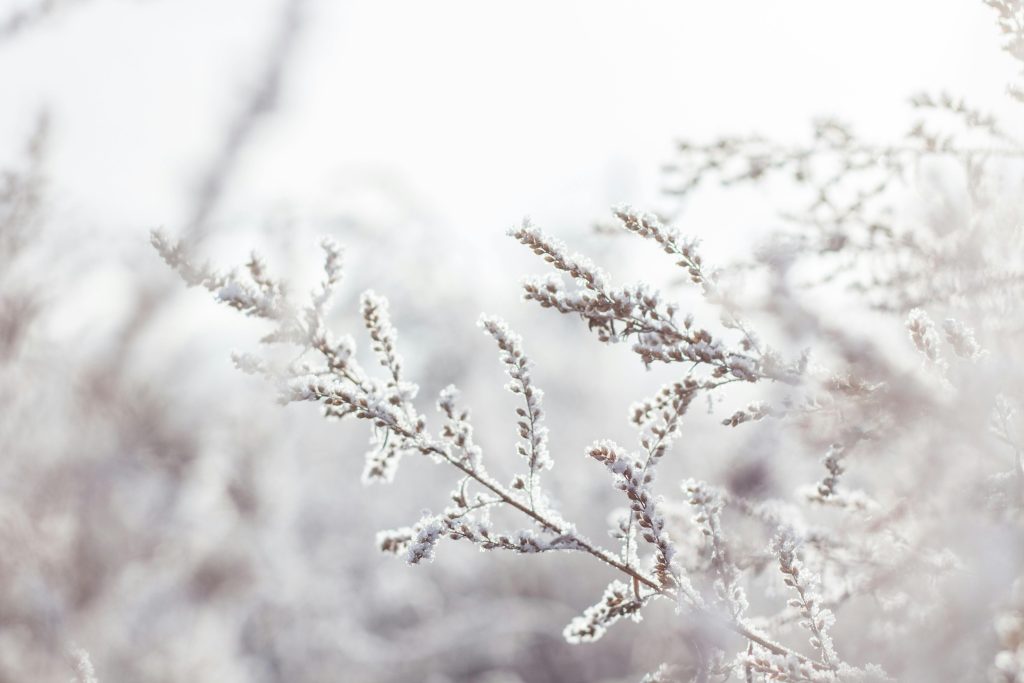
Potash in Orchards: Preparing Trees for Winter Dormancy
Orchards are long-term investments. Whether you manage apples, pears, peaches, plums, or cherries, the productivity and profitability of fruit trees depend on how well they

As fall approaches, garden success shifts from growing to protecting. While nitrogen and phosphorus get much of the attention for spring and summer growth, it’s potassium that becomes your plant’s best defense in cold weather. Whether you’re growing lawns, ornamentals, fruits, or vegetables, potassium plays a silent but powerful role in winter survival.
That’s why smart gardeners and landscape managers across the country turn to Muriate of Potash (0-0-60) every fall. This high-potassium fertilizer from Supply Solutions LLC provides the nutritional armor plants need to resist frost, regulate water during freezing conditions, and store energy for spring regrowth.
In this guide, we’ll explore the science of potassium and how it helps plants endure freezing temperatures, snow cover, and the stresses of winter dormancy.
Potassium is often called the “quality nutrient” because it enhances a wide range of internal functions:
In short: potassium keeps plants functioning even when external conditions are working against them.
During autumn, plants naturally shift from pushing out new growth to preparing for dormancy. This includes:
Without enough potassium during this period, the process breaks down. Plants can become brittle, dehydrated, and susceptible to disease or frost injury. But with the proper supply, potassium helps lock in winter resilience.
Muriate of Potash is a concentrated form of potassium chloride (KCl) that contains 60% potassium—making it one of the most efficient ways to deliver this critical nutrient.
Here’s how it helps in cold conditions:
Potassium thickens and reinforces plant cell walls, making them less susceptible to rupture from freezing water inside the cell. This structural fortification is essential for both leafy greens and woody perennials.
Potassium helps open and close stomata (the pores in leaves), reducing water loss in windy, cold weather. This helps prevent winter desiccation—a common killer of evergreens and exposed perennials.
In fall, plants convert sugars into stored carbohydrates in roots and crowns. Potassium regulates this transfer, ensuring plants have the energy reserves needed to survive winter and sprout strongly in spring.
Research shows that potassium-treated plants can survive lower temperatures than potassium-deficient ones. In turfgrass, for example, this means less winterkill and quicker green-up in spring.
Cool-season grasses like fescue, ryegrass, and Kentucky bluegrass benefit greatly from fall potash applications. It enhances:
Beets, carrots, onions, and turnips store better and resist early frost damage when potassium levels are optimal.
Crops like kale, cabbage, broccoli, and spinach can survive deeper into winter with potassium support.
Potassium ensures healthier buds and stems that resist frost cracking and improves nutrient flow to dormant areas.
Azaleas, rhododendrons, roses, and hydrangeas benefit from thicker stems and stronger root anchoring provided by potassium.
Pro Tip: Combine Muriate of Potash with fall aeration or overseeding for optimal lawn rejuvenation.
Before applying any high-potassium product, it’s best to perform a soil test. This helps confirm:
Too much potassium can interfere with magnesium and calcium uptake, especially in sandy or low-CEC soils.
Absolutely. Muriate of Potash can be applied alongside:
Just avoid applying all three together at full rates unless a soil test supports it.
Whether you’re prepping a small lawn or managing a multi-acre orchard, Supply Solutions LLC has the products and support to help your garden withstand winter stress with confidence.
Your plants can’t protect themselves from winter without your help. Potassium is the nutrient that transforms tender growth into cold-ready structure. When you apply it at the right time using a dependable source like Muriate of Potash (0-0-60) from Supply Solutions LLC, you give your entire landscape the strength it needs to face the freeze.
Reach us through our contact form, message us on Facebook, call 503-451-1622, or email sales@mysolutionssupply.com. Let us help you ensure your lawn and garden don’t just survive the cold—they thrive in it.

Orchards are long-term investments. Whether you manage apples, pears, peaches, plums, or cherries, the productivity and profitability of fruit trees depend on how well they
Every successful vegetable garden begins with healthy soil. Fertile soil is not only about nutrients but also about structure, drainage, and the ability to support
Give us a call or visit our store, and we’ll help you find the right solution for your business.
© Supply Solutions LLC 2025